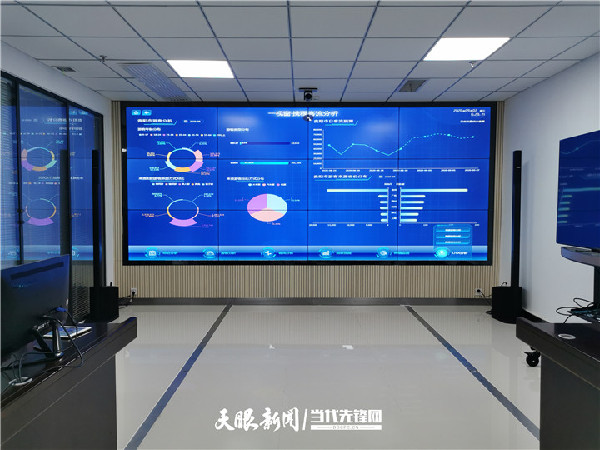Guiyang explores tourism development through big data

Guiyang's intelligent tourism platform adopts big data technology to analyze tourist volume and other information. [Photo/ddcpc.cn]
Wudang district in Guiyang, capital of Southwest China's Guizhou province, launched a WeChat mini program for intelligent tourism on Sept 7.
The mini program "美丽乌当" (Beautiful Wudang) has functions including scenic spot reservations, site introductions, commentary, tourism route recommendations, maps and dining tips for tourists of all ages.
The launch of the mini program is part of Wudang's efforts to promote the integrated development of its health and tourism industries through information technology.
Wudang is also upgrading its tourism monitoring big data platform to guide tourists, analyze data, create tourism products, and supervise the tourism market.
Intelligent tourism platforms have already been built in Guiyang's Huaxi district, Baiyun district, Qingzhen city and Kaiyang county, and play a key role in tourism management and services.
As early as 2012, Guiyang started the establishment of an intelligent tourism system with local features.
In 2016, Guiyang cooperated with various online tourism platforms to help its intelligent tourism industry take shape.
In 2017, Guiyang launched an action plan for the application of big data in the tourism industry, which innovated a new tourism industry management and service model.
Last year, Guiyang's intelligent tourism service system was established with an overall monitoring platform, various cloud platforms, WeChat mini programs and online tourism services connecting all the city's scenic areas.
According to the Guiyang bureau of culture and tourism, through the analyses of tourist volumes, tourist origins, tourist preferences and public sentiment submitted via the overall monitoring platform, the bureau can provide better suggestions for Guiyang's policy decisions on culture and tourism industry development.
In addition to providing convenient services for tourists, the application of big data in tourism can also be used in poverty alleviation, and guide tourism-related companies to future development.
Presented by China Daily.
黔ICP备05001922号
All Rights Reserved.
Presented by China Daily.
黔ICP备05001922号



